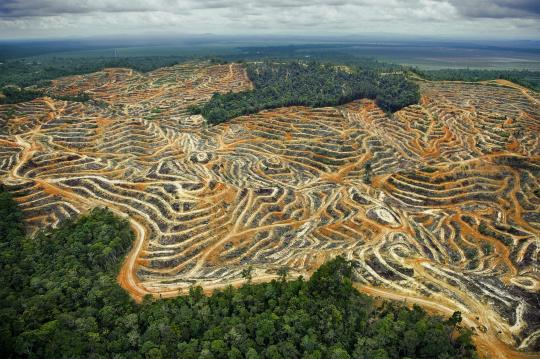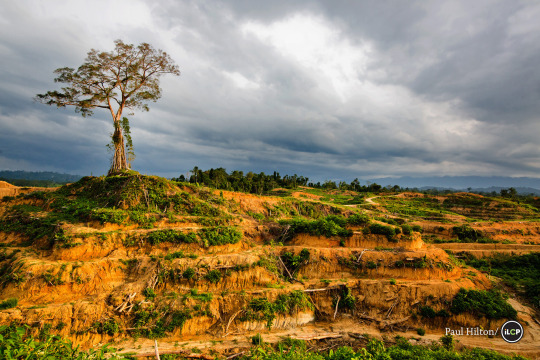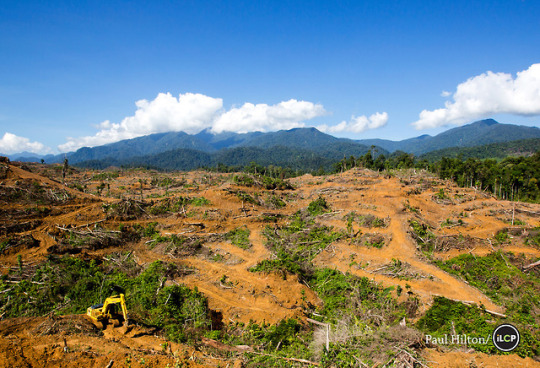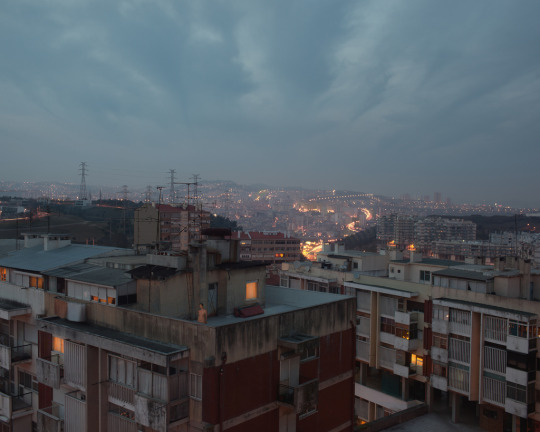Don't wanna be here? Send us removal request.
Text
Palm oil is unavoidable. Can it be sustainable?
The place is not a park or a preserve but part of the Mouila oil palm plantation, operated by Olam. If it were in Indonesia or Malaysia—the world’s two largest suppliers of palm oil—loggers and bulldozers might be closing in to clear the jungle for uniform rows of oil palm trees. Our appetite for the oil hurts the environment and wildlife. But Gabon hopes to show how to build an industry while protecting its forests.

In southwestern Gabon, the old-growth forest stretches hundreds of miles. One January morning I disembark from a narrow boat on the shore of the Ngounié River with a few employees of Olam, a Singapore-based agribusiness company. Following elephant tracks, we plunge into the forest. We pass towering, ancient trees, chimpanzee nests, piles of day-old gorilla dung. Monkeys scamper overhead. A young Olam ranger yanks off his boots and climbs barefoot up a trunk, returning with handfuls of pink, plumlike fruits.

The place is not a park or a preserve but part of the Mouila oil palm plantation, operated by Olam. If it were in Indonesia or Malaysia—the world’s two largest suppliers of palm oil—loggers and bulldozers might be closing in to clear the jungle for uniform rows of oil palm trees.

0 notes
Quote
I was told that I stopped loving you and truth be told, I do not know if that is really how it is. I guess I just like to think that I still love you.
Lukas W. // Coffee thoughts #154 (via somepiecesofmyheartandsoul)
432 notes
·
View notes

